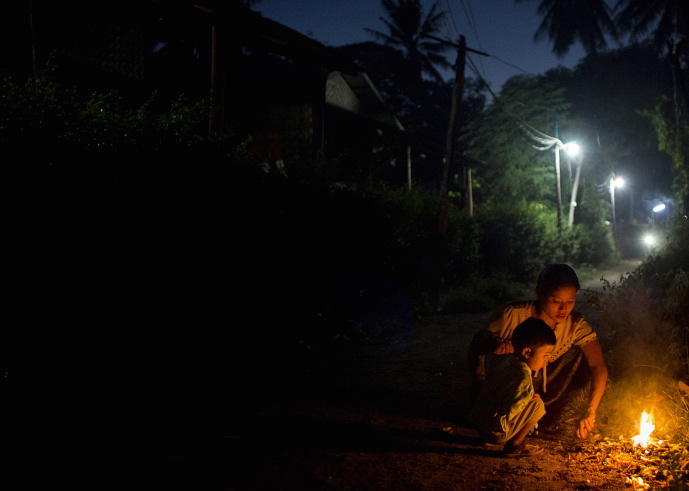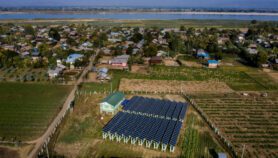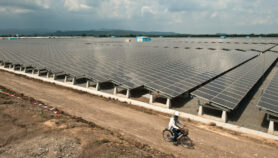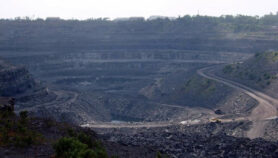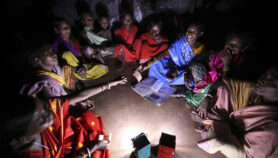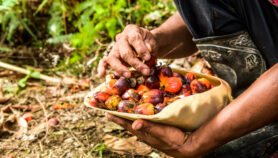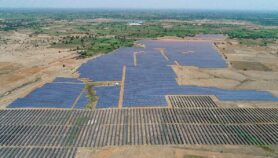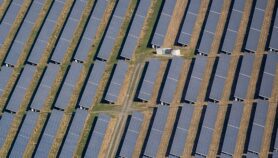By: Fatima Arkin
Send to a friend
The details you provide on this page will not be used to send unsolicited email, and will not be sold to a 3rd party. See privacy policy.
[MANILA] Access to safe and sustainable energy is of vital importance to achieve the Sustainable Development Goals (SDGs), says Marcel Alers, global head of energy at the UN Development Programme (UNDP).
“Energy provision is an essential element of sustainable development,” Alers tells SciDev.Net, referring to the 2030 Agenda for Sustainable Development, which encompasses the 17 goals and 169 targets that make up the SDGs that come into effect this month.
“Energy is required in the day-to-day activities of people, and is directly impacting on the three pillars of sustainability — economic, environmental and social,” he stresses.
Most of the SDGs depend on access to energy, an issue that was neglected in the Millennium Development Goals (MDGs).
“Energy provision is an essential element of sustainable development.”
By Marcel Alers, UN Development Programme
According to the Sustainable Energy for All, a multi-sectoral partnership backed by the UN and the World Bank, 1.1 billion people still do not have access to electricity, most of them located in rural areas. United Kingdom-based Smart Villages is one of the organisations trying to change that.
Terry van Gevelt, a project manager at the non-profit organisation, explains that the “smart villages” approach asserts that access to sustainable energy can act as a catalyst for development when there is complementary investment in other physical infrastructure, such as roads; information and communications technology; education and healthcare.
“This is well established in historical literature,” he tells SciDev.Net.
In 2015, Smart Villages organised workshops in Indonesia, Malaysia and Myanmar for renewable energy experts, technology providers and local policymakers to discuss best practices and the challenges they faced in implementing existing off-grid projects in South-East Asia. Cultural sensitivity, collecting better metrics to inform public policy and prioritising clean cooking technology are just some of the findings that came out of these workshops.
This year, Smart Villages will be working with the Universiti Malaysia Sarawak to conduct research on energy access of the Kelabit and Penan ethnic minorities in Borneo.
“Many remote communities have been the site of failed projects,” van Gevelt tells SciDev.Net. “It is important to understand what energy systems are most appropriate by involving the community at an early stage.”
Energy figures prominently in several international conferences and events this year.
The World Future Energy Summit, which takes place in Dubai on 18-21 January, will discuss how to translate the 2030 development agenda into action. On 24-26 February, the 2nd International Conference on Green Computing, Intelligent and Renewable Energies will take place in Manila. On 23-25 March, Thailand will host the Sustainable Energy & Technology Asia, an international conference to promote scaling up of investments in renewable energy in the 10-member Association of Southeast Asian Nations.
This piece was produced by SciDev.Net’s South-East Asia & Pacific desk.


